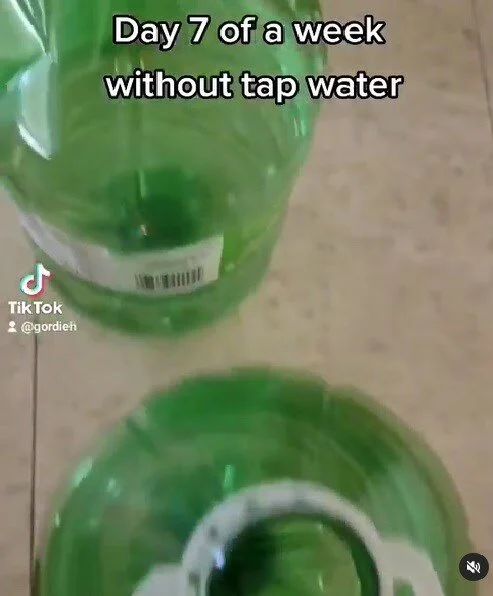A rare and fatal flesh-eating bacteria is slowly creeping up the eastern U.S. coast, and some experts warn that it could eventually find its way into Canada if climate change continues to heat our oceans and lakes. The bacteria Vibrio vulnificus is usually found in subtropical regions, like the Gulf Coast (in states like Florida and Texas), which is home to warm waters with low salt content. But a recent study published on March 23 in the Scientific Reports journal said that over the last few decades, there has been an increase in the bacteria in northern locations near New Jersey and Delaware.
Nova Scotia's provincial parks aren't as protected as you may think
Nadine Hunt's love for nature started early. As a child, she and her mother would often go to the beach near their home in Mabou, Cape Breton. "She taught me to respect the beach. If there was any litter or garbage around, we were picking it up," she said. Hunt said the area's unique natural environment and peaceful atmosphere are what makes it so special. "It's not just the beautiful beach and the warm water that we experience here in the summertime, but also the fact that you can always find a spot to be by yourself," she said.
Warm water, low levels prompt DFO to restrict salmon fishing in central Newfoundland
High water temperatures and declining levels in several central Newfoundland rivers have prompted the federal fisheries regulator to impose restrictions on salmon harvesting in the region. Fisheries and Oceans Canada announced Wednesday that the Exploits, Leamington and Western Arm rivers, as well as Peter's River and Charles Brook in the Bay of Exploits, will be closed to salmon anglers outside the morning hours.
Family goes without running water to simulate what it's like to live with unsafe tap water as many Indigenous people do
Gordie Hanna says the last week highlighted to them that we really do take the convenience of tap water for granted. The Cambridge resident tells 570 NEWS that the other takeaway was "that people shouldn't have to do this in Canada ... anywhere." He figures they went through 130 litres of water in seven days. Hanna says "We didn't realize just how much we use, and how much we enjoy the quick and easy convenience," of turning on the tap and getting warm water for things like doing dishes.
'The Blob' is back: Scientists track blanket of warm water off West Coast
A large swath of warm water spanning thousands of kilometres from the Bering Sea to Mexico, nicknamed by scientists as “the Blob,” has returned to the West Coast, threatening marine life and fisheries. The Blob was christened in 2014, after a similar natural event that spanned two years devastated the salmon industry, damaged ecosystems and disrupted wildlife like whales, sea lions and crabs. “This is a massive pool… of warm water that’s in the Pacific, that is thousands of kilometres huge,” said senior climatologist for Environment Canada David Phillips on CTV’s Your Morning Tuesday. “This one stretches from the Bering Strait, the Bering Sea, right through the Gulf of Alaska, right through to California, British Columbia, and down to Mexico.”






